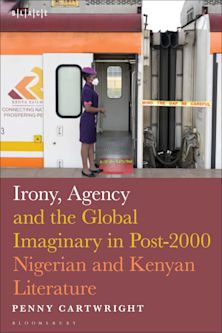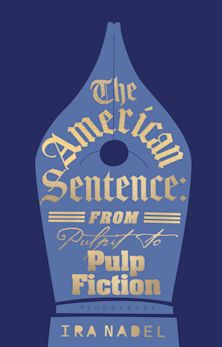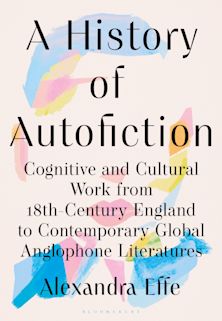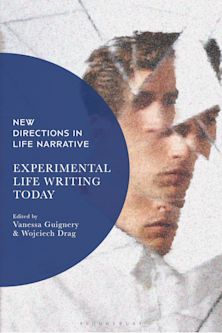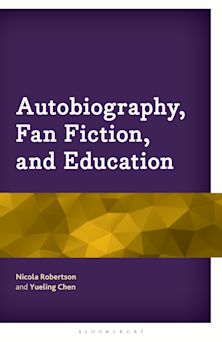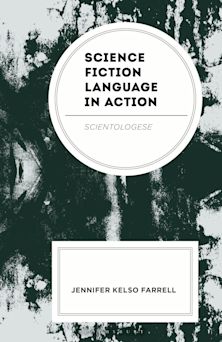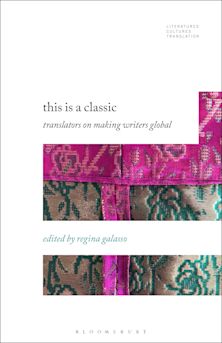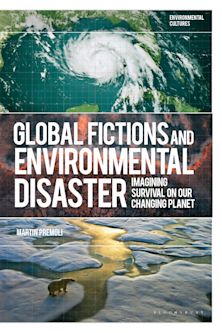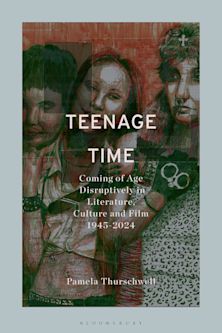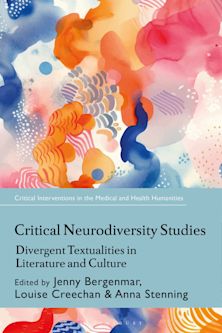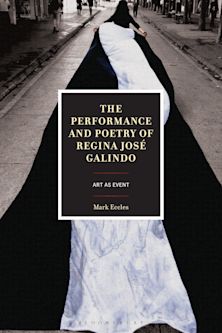- Home
- ACADEMIC
- Literary Studies
- Contemporary Literature
- Hyperbolic Realism
Hyperbolic Realism
A Wild Reading of Pynchon's and Bolaño's Late Maximalist Fiction
Hyperbolic Realism
A Wild Reading of Pynchon's and Bolaño's Late Maximalist Fiction
You must sign in to add this item to your wishlist. Please sign in or create an account
Description
What comes after postmodernism in literature?
Hyperbolic Realism engages the contradiction that while it remains impossible to present a full picture of the world, assessing reality from a planetary perspective is now more than ever an ethical obligation for contemporary literature. The book thus examines the hyperbolic forms and features of Thomas Pynchon's Against the Day and Roberto Bolaño's 2666 – their discursive and material abundance, excessive fictionality, close intertwining of fantastic and historical genres, narrative doubt and spiraling uncertainty – which are deployed not as an escape from, but a plunge into reality. Faced with a reality in a permanent state of exception, Pynchon and Bolaño react to the excesses and distortions of the modern age with a new poetic and aesthetic paradigm that rejects both the naive illusion of a return to the real and the self-enclosed artificiality of classical postmodern writing: hyperbolic realism.
Table of Contents
Introduction
Part I
1. Realism on an Expanded Canvas
2. Notes on Hyperbole
Part II
3. The Maximalist Novel: Lovers & Haters
4. Anthropophagic Intertextuality
5. The Visible and the Invisible
6. Flat Fictionality
7. Sed Tamen Effabor
8. Ekphrasis Beyond Imagination
Part III
9. Slow Adventures
10. The Labor of Figuration
Epilogue: A Fifth Concept of Reality
References
Index
Product details

| Published | 11 Jan 2024 |
|---|---|
| Format | Ebook (PDF) |
| Edition | 1st |
| Extent | 248 |
| ISBN | 9781501360510 |
| Imprint | Bloomsbury Academic |
| Publisher | Bloomsbury Publishing |
About the contributors
Reviews
-
Sellami's detective work here is just as carefully considered as the authors whom he chooses to recognize as exceptional … As usual, [Sellami's] perspicacity gives new meaning to the notion of the subtle yet sinister simulacra within which we all currently seem to dwell.
Critics At Large
-
[This book] offers rewarding ideas about the ways in which the writers coming along in the wake of postmodernism - or those who have lived through the various stages of postmodern literature, like Pynchon and Bolaño - have both embraced and rejected conventional realism as they work to portray the “strangely familiar, yet inherently excessive and uncontainable experiences” of life in the Anthropocene.
Journal of the Midwest Modern Language Association
-
Samir Sellami writes with brilliant clarity and makes difficult arguments easy to follow. Philosophers and critical theorists should study his techniques.
Kathryn Hume, Edwin Erle Sparks Professor Emerita of English, Pennsylvania State University, USA
-
Samir Sellami has done all of us maximalists a sweet service by giving us a profound meditation on eschewing the limits of literary decorum with his masterful new book.
Donald Brackett, Embodied Meanings

ONLINE RESOURCES
Bloomsbury Collections
This book is available on Bloomsbury Collections where your library has access.












